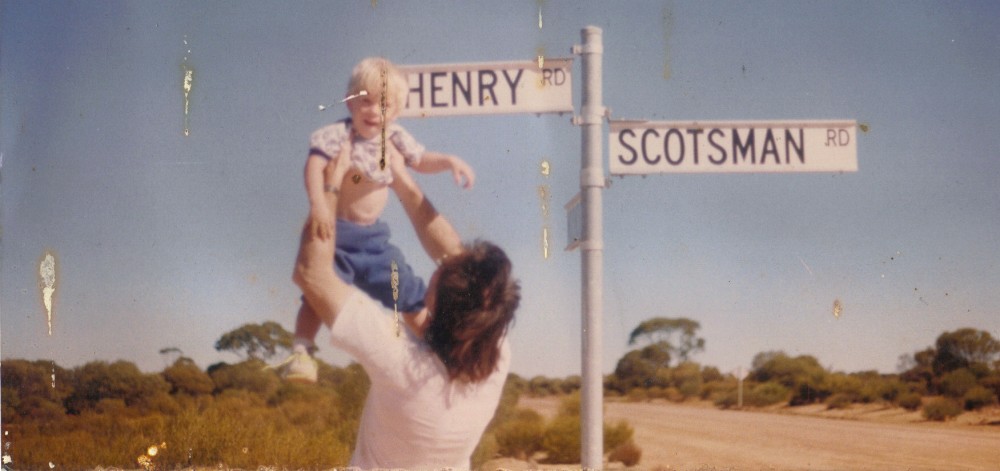So, in sum, while the songs we are writing may take their inspiration or construction from one aspect or another, there are no hard and fast rules to what a song MUST contain. You can work from a title as I do, or build from a line or couplet. You can decide that you have a subject or theme, and you want to explore that, thank you very much.
As an expert, my only role is to point out the pitfalls and illustrate the elements.
Let’s write a song – or, at least, a large part of one – and note what features are present and whether they were in consideration when it is being written.
Shall we settle with a further news item. Apart from taking us out of our obsessions, the act of capturing a point in time that will pass and lose its currency makes good practice; if it quickly dates, we still have the evidence of the process we underwent.
So let’s to the past president of Channel Nine, president of the Collingwood Football Club, commentator and game show host, and his repetition of what was seen widely as a racial slur. Now I don’t want to touch that event or express an opinion (you’d have to read Facebook pages for that) but it reminds me of an older, less politically correct, time, when the expression “you big ape” was bereft of any cultural context and was solely one of rough affection.
You Big Ape
You great big lug with your ugly mug
You’re a beast at your best
Beating your chest
You big ape
Guess what? I worked from the title. I told you I do that. Just don’t let that prevent you from using a different method.
The theme revives an almost archaic expression through the conduit of it appearing in a different context. I stay assiduously with the approach, once I have determined what it is. And I do this without much conscious thought. It comes as a result of other work I’m doing.
If you have your thinking caps on, you should be able to make something of this now. You want a song where a chanteuse is singing to her rough-hewn partner. The first verse has led with the lug comparison and the ugliness and mentioned the wider status of apes and the types of actions they are associated with, finishing with the term itself.
A girl gets the giggles at this gorilla
The man drill has shed inhibition
A monkey flinging shit in false affection
It’s simple to see he is a chimpanzee
This is different. It doesn’t follow from that first verse but you might rescue something from the scraps. It hardly sits well in its current incarnation.
Never forget that it’s not a competition to see how often you can reach a quality draft straight away. Take as long as you like or as long as the song needs.
I don’t think ape analogies need to name check every simian so perhaps we should have stopped with the order to which apes belong rather than ones that belong to it. You don’t need to be this scientific in correcting your approach but at least know aesthetically which bits work.
Ape behaviour is another matter. It’s here the flinging shit carries the most promise. It’s not there yet, but that may be because monkeys fling shit in derision or agitation, not because they like someone or appreciate their actions. And our Aussie vernacular cries for “slinging shit in [] affection” and I’m not sure you can quite pull off the two different activities and motivations.
(but I would definitely put the line in a leadlined box)
Anyway this second “verse” is more for mining ideas to carry the song forward. Normally you won’t see it.
You’ll want to carry on from the light-hearted affection of the first verse as this sets the right tone.
The best lines are ‘You’re a beast at your best/Beating your chest/You big ape’. If you do want to work from parts, this would be the part. You can either keep this rhythm in the language or the playfulness of ape-llation.
